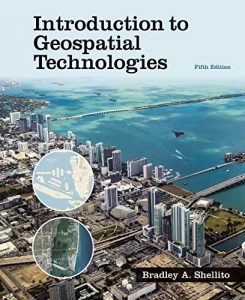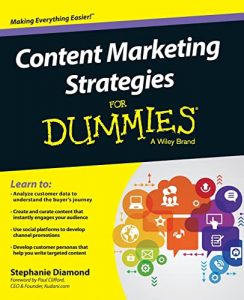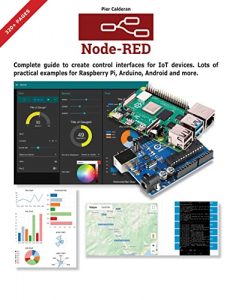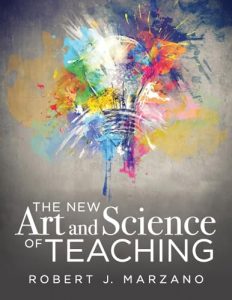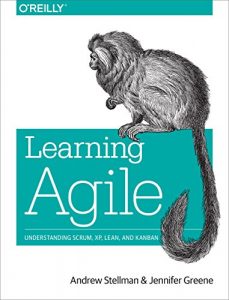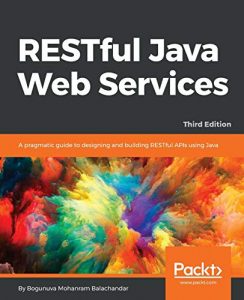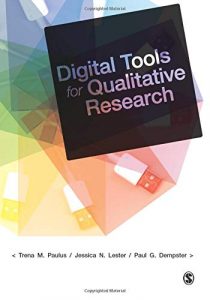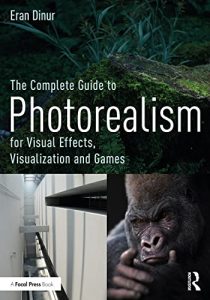Scientific Innovation: The Key to a Progressive Future
In a world where technological advancements and scientific breakthroughs shape our everyday lives, understanding the principles behind innovation is essential. From the invention of the wheel to the dawn of artificial intelligence, scientific innovation has continuously transformed human existence, enhancing our capabilities and improving our standard of living. This blog post delves into a selection of books that explore the multifaceted world of scientific innovation, offering insights and inspiration for anyone eager to unlock creativity and explore new ideas.
Whether you are a seasoned scientist, a curious reader, or an aspiring innovator, these books provide valuable lessons in harnessing creativity and understanding the natural processes that drive innovation. Join us as we explore these enlightening works that celebrate the spirit of scientific inquiry and the power of transformative ideas.
Featured Books on Scientific Innovation
1. Scientific Freedom: The Elixir of Civilization
In “Scientific Freedom: The Elixir of Civilization,” the author highlights the critical role that freedom plays in scientific inquiry and innovation. This book argues that without the liberty to explore, question, and challenge established beliefs, society risks stagnation. The comprehensive narrative combines historical examples and contemporary analysis, illustrating how scientific freedom has led to transformative breakthroughs throughout history. It is an essential read for anyone interested in understanding the delicate balance between innovation and societal constraints. This book serves as a call to action, urging readers to advocate for scientific autonomy as a means to foster progress and enlightenment.

2. Where Good Ideas Come From: The Natural History of Innovation
Steven Johnson’s “Where Good Ideas Come From” provides a fascinating exploration of the environments that foster innovation and creativity. The book draws on historical examples to illustrate how many groundbreaking ideas emerged from networks of collaboration and diverse intellectual landscapes. Johnson’s engaging writing style and thought-provoking insights encourage readers to reflect on their own creative processes and the conditions that nurture innovative thinking. Anyone interested in fostering new ideas in their work or personal life will find this book immensely beneficial.

3. Innovation Generation: How to Produce Creative and Useful Scientific Ideas
This book focuses on the systematic generation of innovative ideas, offering practical frameworks for fostering creativity in scientific pursuits. The author draws on decades of research and practical application to equip readers with tools and strategies for idea generation. The insights and case studies included will benefit professionals and students alike requiring fresh perspectives on existing challenges. “Innovation Generation” is a valuable reference for any innovator seeking structured approaches to creativity in the scientific realm.

4. Nature’s Wild Ideas: How the Natural World is Inspiring Scientific Innovation
In “Nature’s Wild Ideas,” the author explores the concept of biomimicry, illustrating how nature’s inherent designs can inspire innovation across various scientific fields. By examining real-world applications and advances that have been directly influenced by natural systems, the book emphasizes the connection between environmental science and technological innovation. Readers will be captivated by the examples of how the animal kingdom and natural processes have shaped human invention, pushing the limits of what we view as possible.

5. The Structure of Scientific Revolutions
Thomas S. Kuhn’s classic work remains a cornerstone in the philosophy of science. “The Structure of Scientific Revolutions” challenges conventional narratives on scientific progress, introducing the concept of paradigm shifts to explain how scientific fields evolve. Kuhn’s insights are pivotal for understanding the dynamics of innovation and scientific advancement. This book serves as a critical reflection on how shifts in scientific understanding lead to radical innovations, making it a must-read for those intrigued by the philosophies that underpin progress in science.

6. The Conundrum: How Scientific Innovation, Increased Efficiency, and Good Intentions Can Make Our Energy and Climate Problems Worse
David Owen’s “The Conundrum” reveals the paradox in environmental solutions—from energy-efficient appliances to electric cars—that may inadvertently worsen climate issues. This book challenges readers to reconsider the relationship between innovation and environmental sustainability. Owen’s thorough examination is both enlightening and provocative, encouraging discourse on the unintended consequences of our good intentions in innovation. A must-read for those concerned with the complex outcomes of modern scientific advancements on environmental challenges.

7. The Scientific Revolution (science.culture)
This concise, yet comprehensive overview examines the Scientific Revolution and its profound impact on the world today. The book outlines the key figures, ideas, and theories that defined this critical period in the evolution of modern science. Readers will appreciate how the debates and discoveries from this era continue to shape contemporary thought in innovation and science. It’s a concise read that serves as a reminder of how far we’ve come and ignites curiosity about what’s next.

8. The Economics of Innovation: An Introduction
This text lays the groundwork for a deeper understanding of how economics intersects with technological advancement. Through clear explanations and case studies, readers will learn about the driving forces behind innovation in the economy and how policies can facilitate or hinder growth. A must-read for students and professionals seeking to navigate the economic landscape where innovation is paramount.

9. Amplifying Scientific Innovation®: How My Passion for Scientific Storytelling Empowered My International and Interdisciplinary Journey
This personal narrative chronicles the author’s journey through the realms of scientific storytelling and innovation. It emphasizes the value of interdisciplinary collaboration in science and how personal experiences can lead to broader societal impacts. Readers interested in the intersection of creativity and science will find inspiration in this engaging account that showcases how one person’s passion can spark innovation on a global scale.

10. The Age of Scientific Wellness: Why the Future of Medicine Is Personalized, Predictive, Data-Rich, and in Your Hands
This groundbreaking book explores the future of health and medicine through the lens of scientific wellness. The author argues that advancements in data and personalization will shape healthcare’s future, putting the power back into the hands of individuals. With innovative perspectives on health technology, this book is a guide to understanding how scientific progress can lead to more personalized and effective healthcare solutions.







